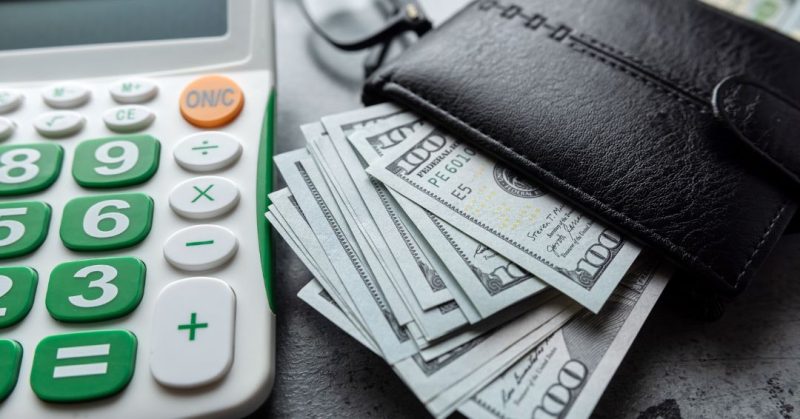In an era of escalating prices, the struggle to make ends meet is impacting even those with seemingly comfortable incomes.
A recent Bank of America analysis reveals a surprising reality: a significant number of high-earning households are caught in the paycheck-to-paycheck trap.
This financial strain, often hidden beneath a veneer of affluence, is reshaping the American economic landscape.
The six-figure struggle: one in five high earners living paycheck to paycheck
Based on spending data and account information from US customers, Bank of America found that one in five households earning $150,000 or more annually are living paycheck to paycheck.
This means they are spending over 95% of their income on essential expenses such as food, utilities, childcare, and rent.
While households earning below $50,000 annually represent the largest segment (35%) within the paycheck-to-paycheck group, the prevalence among high earners is a stark reminder that a six-figure salary doesn’t always equate to financial security.
Lifestyle creep and the high cost of living
The report attributes this phenomenon to several factors, including ballooning basic expenses and the burden of maintaining expensive homes.
“Households living paycheck to paycheck have either higher necessity spending, lower incomes, or a combination of both,” the report states.
The data reveals that “households living paycheck to paycheck have over 90% higher necessity spending than households who do not live paycheck to paycheck.”
This disparity highlights the outsized impact of lifestyle creep, where increased income often leads to increased spending, further exacerbating financial vulnerability.
The housing burden: bigger homes, bigger expenses
For high-income families, the cost of housing plays a significant role in their financial strain.
“Higher-income households may have bought larger, more expensive homes and consequently have bigger mortgages,” the report notes.
These larger homes, in turn, bring higher associated costs, including insurance, property taxes, utilities, and maintenance.
The age factor
Worryingly, the proportion of paycheck-to-paycheck households tends to rise with age.
Baby boomers, many of whom are retired, experience the highest prevalence of paycheck-to-paycheck living among all age groups.
Among those still primarily earning income through employment, Gen X faces the greatest challenge.
This aligns with previous research indicating that Gen X bears the heaviest burden of necessity spending.
The paycheck-to-paycheck reality
The report reveals a concerning trend: the overall share of paycheck-to-paycheck households has increased since 2019, with one in four households now falling into this category.
This rise persists despite a relative cooling of inflation, suggesting that the impact of previous price surges continues to affect American families.
The perception of financial precarity
Even among those not technically living paycheck to paycheck, the feeling of financial insecurity is widespread.
In Bank of America’s Market Landscape Insights Study, “nearly half of respondents said they agree with the statement ‘I am living paycheck to paycheck,’ a share that’s steadily risen over the past two years.”
This growing anxiety, according to the report, “likely reflects the impact of higher consumer prices on people’s perceptions and experiences of their finances.”
This pervasive sense of financial strain, even among high earners, paints a concerning picture of the current economic climate and its impact on American households.
The post Is $150,000 really rich? Many high earners are living paycheck to paycheck appeared first on Invezz


